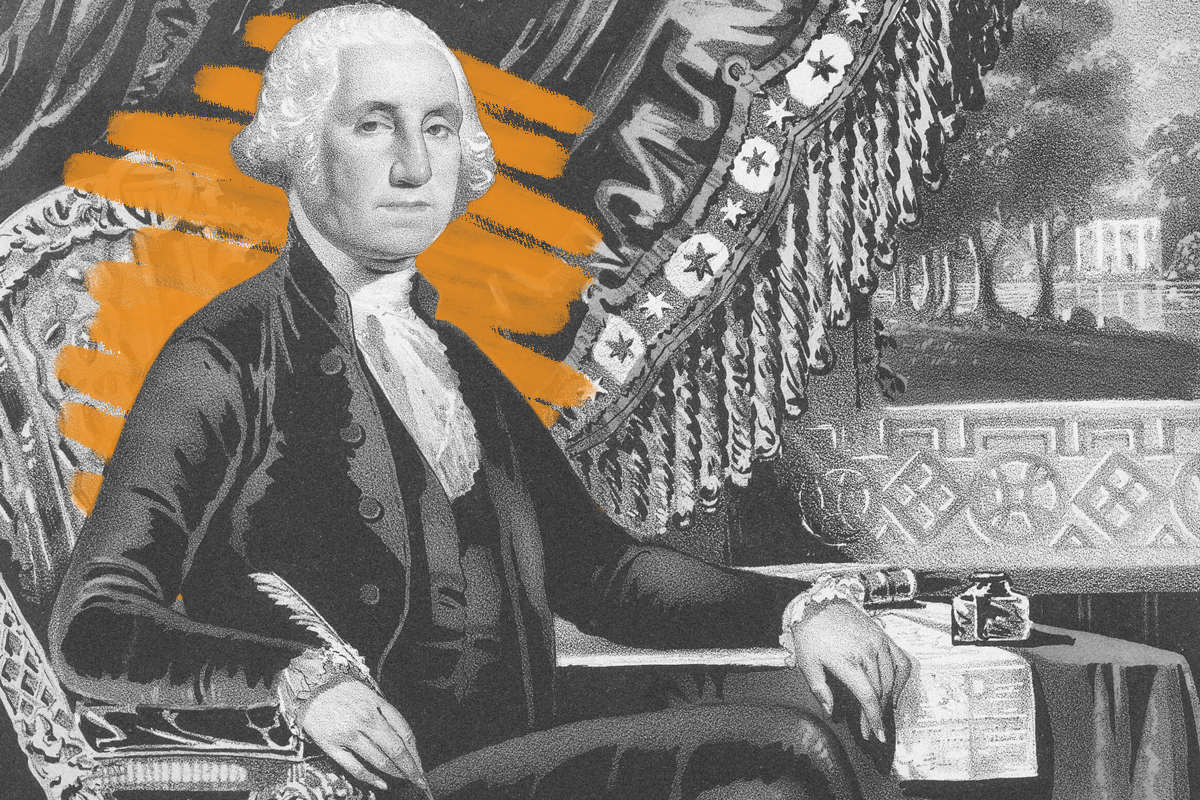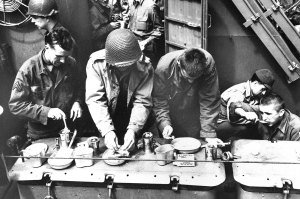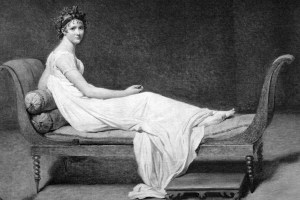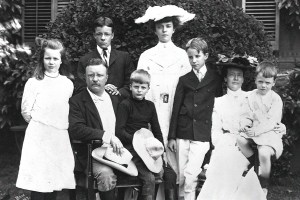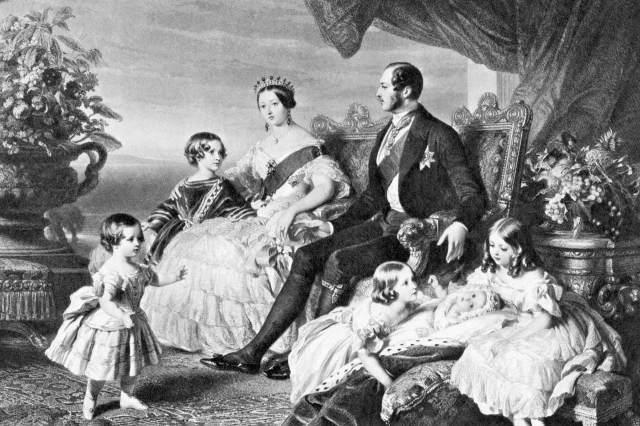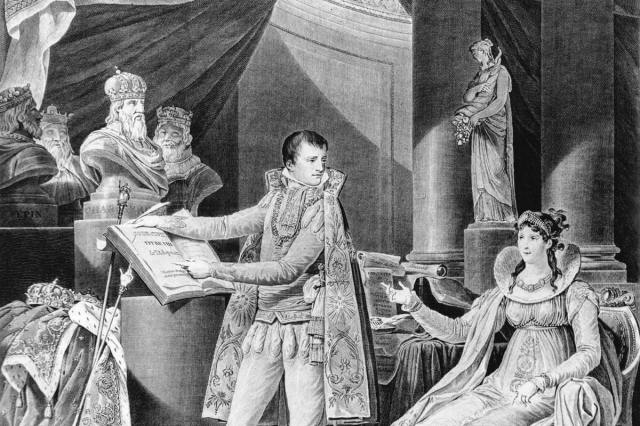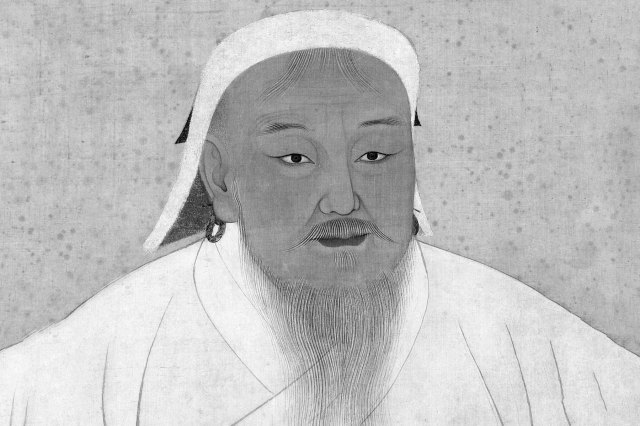George Washington wrote reviews of early American inns.
When he wasn’t busy winning the Revolutionary War and not telling lies, George Washington had a thoroughly modern pastime: reviewing American inns. The founding father penned a series of these assessments early in his presidency, a time when he swore not to accept invitations to stay in his fellow Americans’ private residences while traveling. This was not because he didn’t enjoy home-cooked meals, but because he didn’t want to “incommode any private family,” as he wrote in a 1791 letter, and also to avoid any appearance of political favoritism. This necessitated patronizing inns during two major trips — one to New England and one to the South — as he got the lay of the land and greeted citizens, who he hoped would think of him as a man of the people.
Most of these accommodations, according to his extensive writings, were hardly five-star experiences. One he described as “not a good House” situated near an “intolerable” road, while at another “the entertainment was not very inviting.” Conditions were especially dire in the rural South, where, Washington wrote, he failed to find “a single house which has anythg. of an elegant appearance.” He fared better in Boston, where he noted a widow kept a “very decent & good House” and found that Delaware’s Buck Tavern was “a better house than the appearances indicate.”





